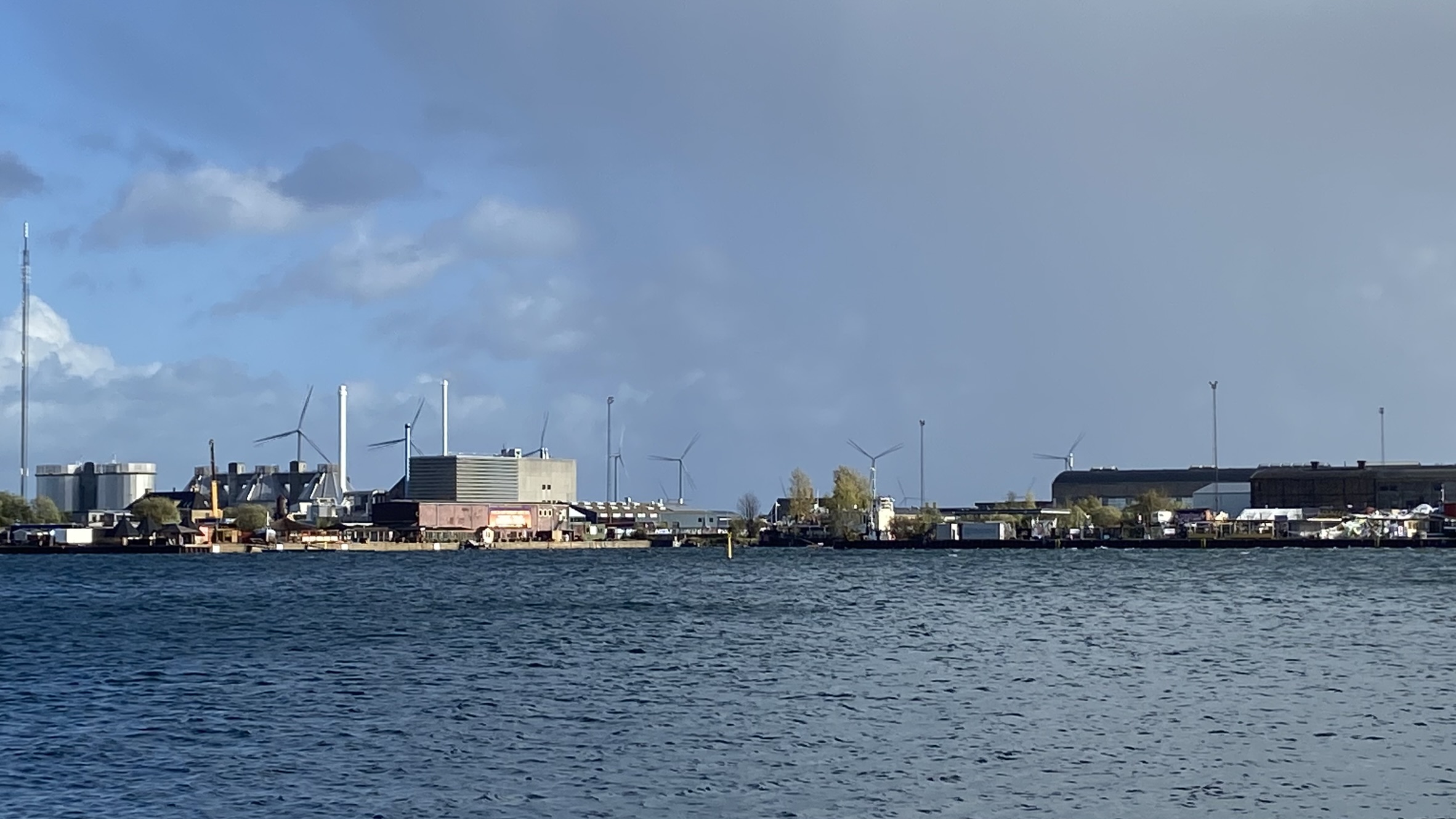The global financial crisis and subsequent economic collapse, as well as the failure to come to terms with the imminent threat of climate change, have left neoliberalism intellectually bankrupt. But powerful social forces—especially financial capital and the fossil fuel industry—remain aligned in support of this set of social relations. This old guard is pursuing a neoliberal restoration and attempting to bring back “business as usual.”
While neoliberalism remains favored by many powerful social actors, it no longer enjoys near unanimous elite support. With regards to climate change and environmental degradation, competing constellations of social forces have emerged. Most prominently, so-called “green capitalism” has proposed market-based solutions for our economic and ecological challenges while valorizing the “enlightened consumer.” Green capitalism seeks to transform the way we live and work, but in a manner that deepens and extends the dominance of capital.
Rooted in civil society and seeking compromise with certain capitalist factions, the “Green New Deal” has much in common with green capitalism, but it faces social questions head on. A Green New Deal is concerned with a just transition to a more sustainable economy, with improved provision of public services, and with strict regulation of polluters and financial speculators. While there is much promise in this approach, it contains unresolved contradictions and has been blocked by hostile forces. Moreover, it is unclear whether this agenda is adequate to the challenge posed by climate change.
Building green socialism may be the only way to emerge from this time of crisis with a society that treads lightly on the earth while enabling a full range of human flourishing. In this report, Mario Candeias, Deputy Director of the Rosa Luxemburg Stiftung’s Institute for Critical Social Analysis, provides a lucid evaluation of the competing visions and most probable regimes to emerge out of today’s interregnum. He outlines the necessary elements of a socio-ecological transformation that could move us toward an emancipatory and sustainable future.
This transformation is not going to be easy; there are serious internal and external obstacles, including persistent divisions within the Left and the inevitable resistance of capital. The task of today’s Left, Candeias argues, is therefore to have a serious and open discussion about what we want socio-ecological transformation to look like and what it will take to get there.



